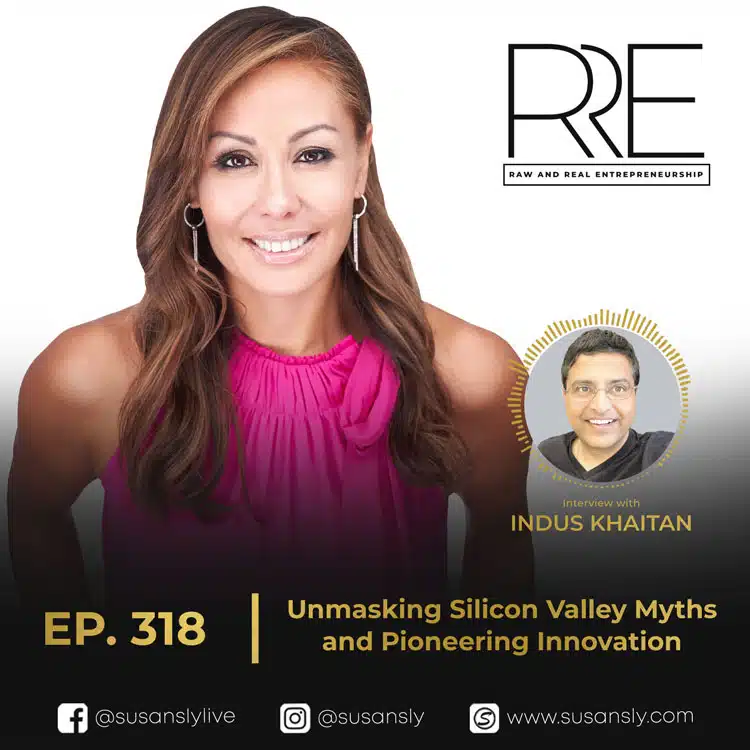Get ready for an exciting episode with Susan as she chats with Indus Khaitan, a remarkable tech entrepreneur and the CEO of Quolum. Indus has achieved incredible success in various fields, from enterprise marketing to product management and VC portfolio advising. With his wealth of experience, he is truly a force to be reckoned with.


